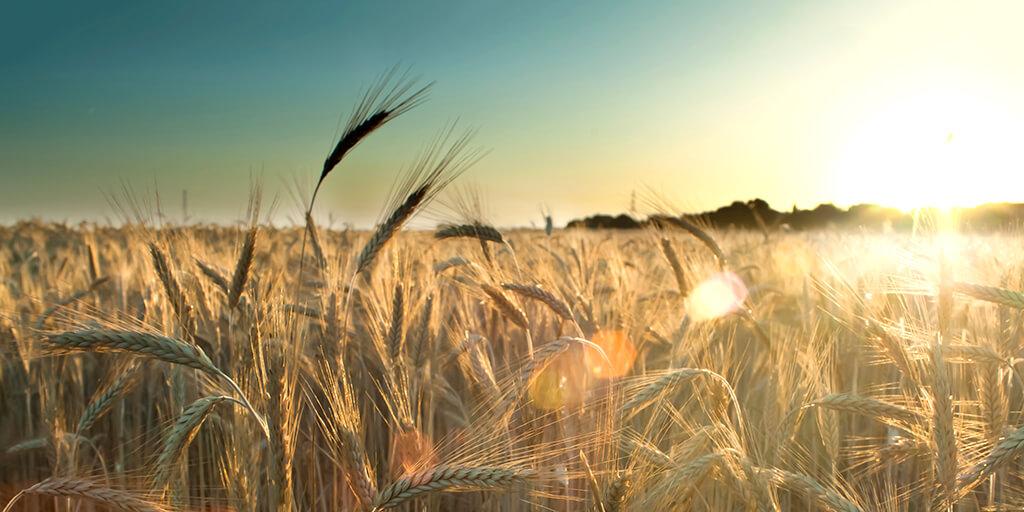
Should I Keep Pentecost?
The biblical festival called Pentecost in the New Testament is coming up soon, taking place on June 16 this year. The word Pentecost comes from the Greek word meaning fiftieth, since it is observed after counting 50 days, beginning with the day of the wave sheaf offering during the Days of Unleavened Bread (Leviticus 23:15–17). Pentecost describes the festival usually called the Feast of Weeks in the Old Testament (Exodus 34:22; Deuteronomy 16:9–10, 16), but is also referred to as the Feast of Harvest (Exodus 23:16) and “the day of the firstfruits” (Numbers 28:26). The New Testament directly refers to Pentecost three times (Acts 2:1–4; 20:16; 1 Corinthians 16:8).
When one reads the numerous references to this day in the Bible—especially the dramatic outpouring of God’s Holy Spirit on Pentecost—a sincere Bible reader may ask, Should I keep Pentecost? Genuine Christians look to the Bible as their guide, and the biblical answer to this question is yes. This article will provide three simple, biblical reasons why Christians should observe Pentecost.
First and foremost, Jesus Christ kept the biblical festivals described in Leviticus 23, and He is the example all Christians should follow (1 Peter 2:21). The New Testament provides specific examples of Christ keeping the biblically commanded festivals (cf. Matthew 26:17; Luke 2:41–42; John 7:2–14, 37). Notably, Christ also kept the weekly Sabbath holy, as instructed in the Ten Commandments (Luke 4:16).
Secondly, Christ’s own disciples kept the biblical festivals. The Apostle Paul wrote 1 Corinthians around AD 56, less than 30 years after Christ’s death, and taught specifically that the Feasts of Passover (1 Corinthians 11:23–26) and Unleavened Bread should be kept (1 Corinthians 5:1–8). Many of the disciples came together on the first Pentecost, occurring about ten days after Jesus ascended to Heaven (Acts 2:1–4). Luke also refers to the Day of Atonement as an important marker of the calendar (Acts 27:9).
Jesus and His disciples didn’t keep the annual festivals because they were Jewish—they kept these festivals because God commands them in the Scriptures, and they have great meaning for Christians. In short, the biblical festivals are God’s festivals, as He said Himself when He explained the details about all seven to Moses: “Speak to the children of Israel, and say to them: ‘The feasts of the Lord, which you shall proclaim to be holy convocations, these are My feasts’” (Leviticus 23:2).
The third reason Christians should keep Pentecost is because it is an annual reminder of a vital part of God’s plan of salvation, as all seven of God’s festivals are. (Click here for a brief summary of all seven of God’s festivals, along with the dates on which they should be kept.) Every year, Pentecost teaches the important lesson that God is not drawing everyone to Himself in this age (John 6:44), but is calling a small group of firstfruits before He calls the majority of mankind.
In Israel, a relatively small harvest of firstfruits took place in Spring before the much larger harvest later in the year. Often, God calls those in this age who are the weak of the world (1 Corinthians 1:26–29) to do His work and to set an example through the power of His Holy Spirit. Pentecost’s representation of these important lessons is highlighted by the fact that crucial events occurred on this day, such as the giving of the Ten Commandments at Mount Sinai in the book of Exodus and the giving of the Holy Spirit in the book of Acts.
The concept of firstfruits teaches important lessons regarding the timing of God’s plan and is a theme that runs through the Scriptures (cf. Jeremiah 2:3; Romans 8:23; 16:5; 1 Corinthians 15:20–23; James 1:18; Revelation 14:4). God provided an important annual reminder for Christians about this lesson of firstfruits. For these reasons and more, sincere Christians should observe the annual biblical festival called Pentecost.
To read more about what God calls “My feasts” in Leviticus 23, you can order our free booklet The Holy Days: God’s Master Plan, which will carefully take you through many scriptures in both the Old and the New Testaments that reveal the importance of God’s seven annual festivals.
Stay up to date with our Weekly Digest Email!
Tomorrow's World ComMentary Podcast
Subscribe to Tomorrow's World Commentary podcasts on iTunes and Google Play!



